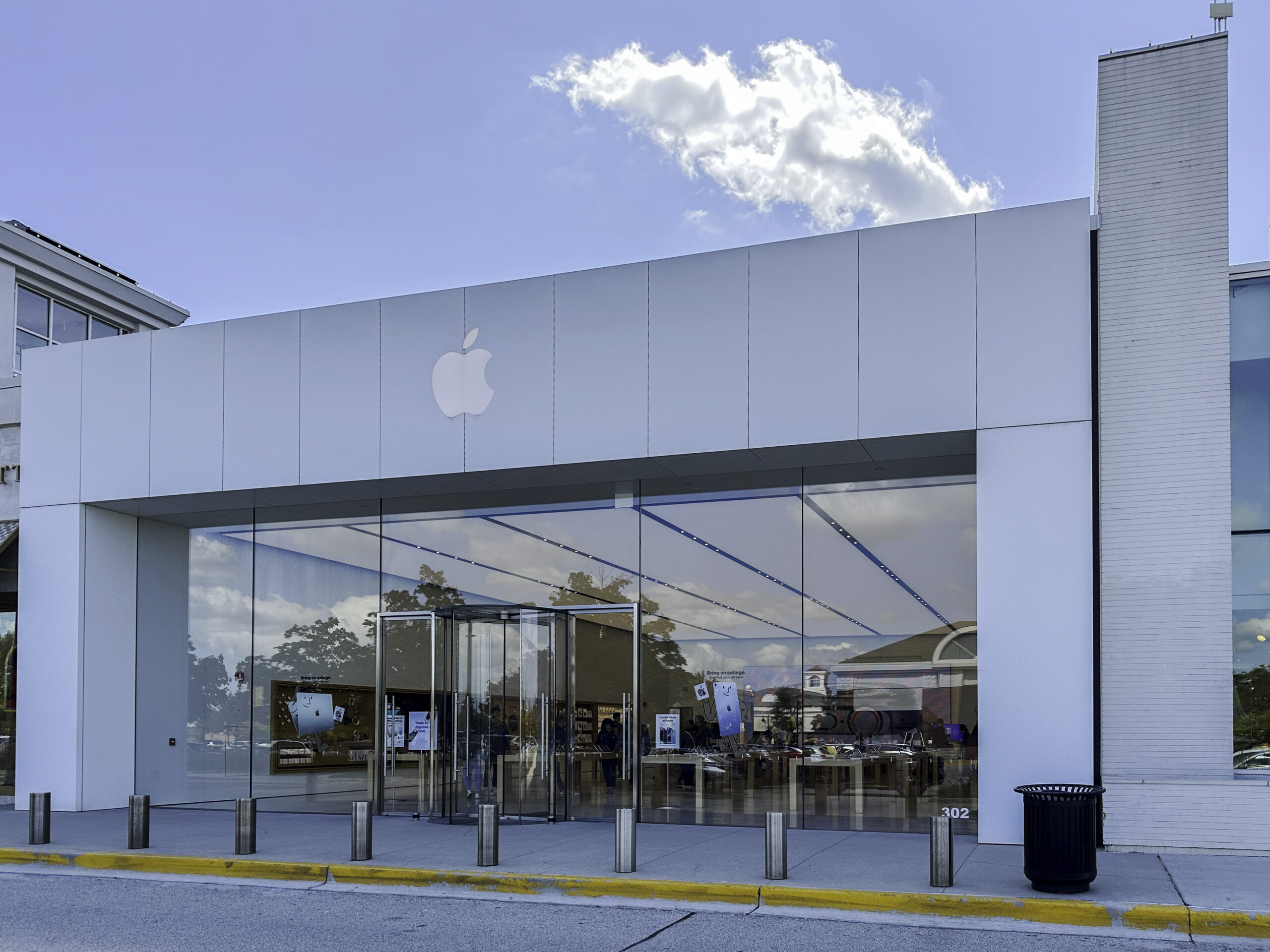New Apple Patent Takes Wrong Approach to Privacy
Apple was recently granted a patent for a system that would make a cell phone respond to specific signals sent to it by disabling certain features or by disabling the phone entirely. For example, a movie theater could (if it hated its customers) turn off the cameras on all the phones in its theater to prevent really poor recordings of new movies getting out. Of course, the obvious problems start cropping up immediately.
Oppressive governments could use the system to turn off all cell phones when and where protests were being planned. Come to think of it, so could San Francisco’s Bay Area Rapid Transit system. Similarly, police officers who aren’t too keen on having the public record them (rather than the other way around) could use such a system to turn off the cell phone cameras of anyone that can see them at a given time.
Apple seems to be claiming that the technology is actually privacy protective, in that people could create areas of space in which cameras or social networking would not function for example. This entire idea of privacy, of course, is faulty. Even if we could technologically completely prohibit others from documenting our presence or our actions in public, this is not the kind of privacy that people actually want or should have the right to have. I don’t have the right to ask every person I pass on the street to please forget they ever saw me there. The delicate niceties of such interactions in private spaces, on the other hand, are better handled with the scalpel of customary norms than the sledgehammer of technological mandates.
Of course, the greater failure of this proposed system is actually its one saving grace: competition. Even if Apple implements this system in all of its next generation phones, people who don’t want their devices to be able to be crippled at the whim of a random person will simply buy Android or Windows phones instead. Ubuntu Linux is also exploring the possibilities of running their OS on tablet computers as well. Since both Android and Ubuntu are open source, it seems obvious that options will always exist (short of legislation mandating such) that can get around this sort of ubiquitous control. This is to say nothing of actual physical cameras (separate from phones), as antiquated as that idea is starting to sound. The only way to enact such a system is the same way to achieve perfect control over copyrighted materials: remove the power of people to have complete control over the electronics they buy. Even then, the “analog hole” still remains. I can still take a photo of you with a 35mm film camera and upload it later.








